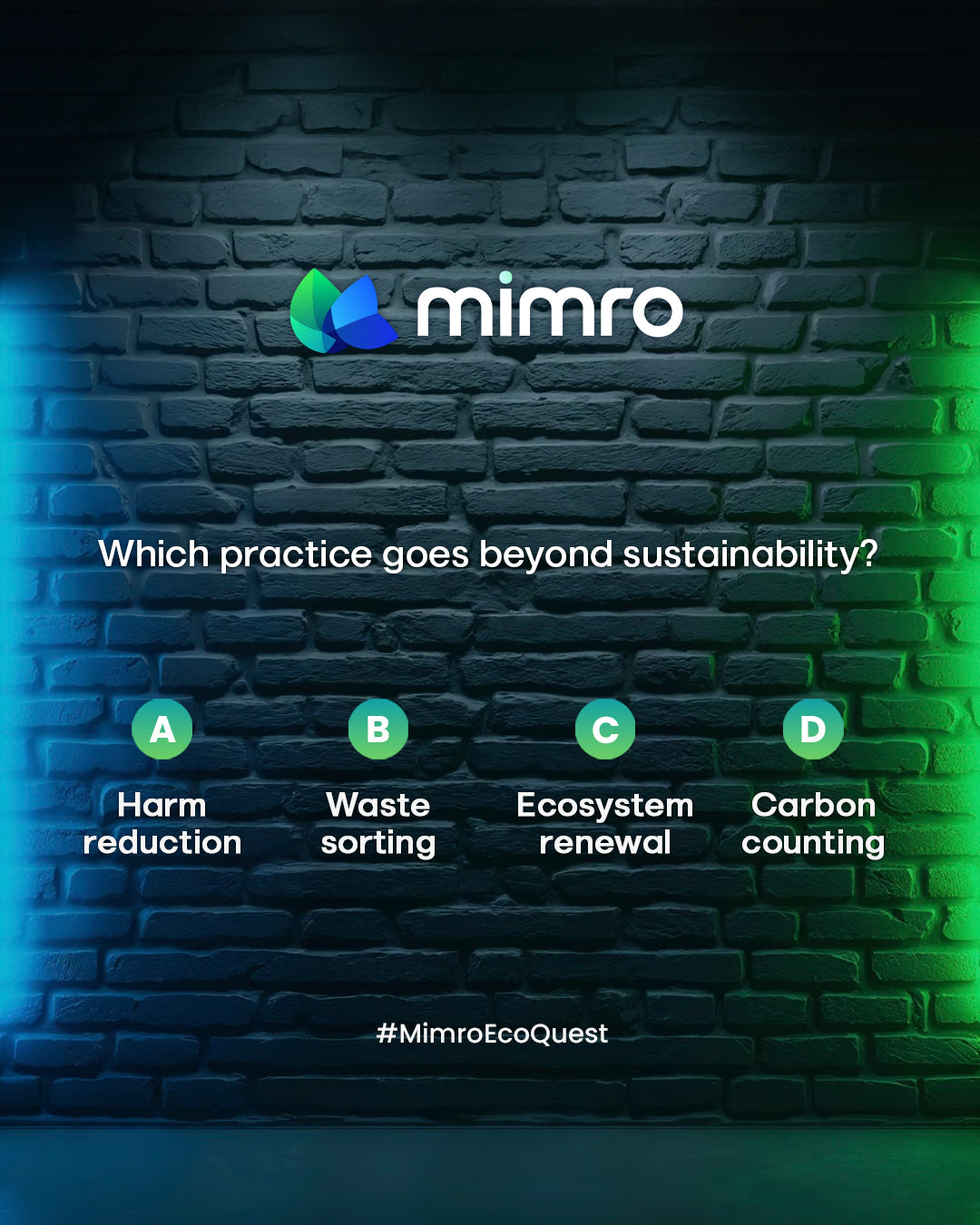New Arrivals
✨New arrivals alert: Sustainable style meets everyday awesome!
This store requires javascript to be enabled for some features to work correctly.
✨New arrivals alert: Sustainable style meets everyday awesome!
Play Eco Quest and see how small, fun choices can make a big impact on Earth!
🌍 Sustainability just got a serious upgrade with this week's eco champion!
🌿Say hello to our newest earth loving arrivals. You're gonna love these!
Play Eco Quest and see how small, fun choices can make a big impact on Earth!
💚One pick, endless impact. Meet the eco find that's rewriting the rules!
Play Eco Quest and see how small, fun choices can make a big impact on Earth!
🌍 Your new favorite eco find is here, and it's making sustainability look effortless!
Play Eco Quest and see how small, fun choices can make a big impact on Earth!
♻️This week's green hero proves planet friendly choices can be seriously stylish!

Play Eco Quest and see how small, fun choices can make a big impact on Earth!
✨The eco product you didn't know you needed but won't want to live without!

Published on July 9, 2025 | 5 min read
When we talk about climate change, the usual suspects come to mind: fossil fuels, transportation, and deforestation. But one major contributor is hiding in plain sight: plastic waste.
Plastic pollution is often framed as a litter problem, but its climate impact runs far deeper. From its fossil fuel origins to its long afterlife in landfills, plastic fuels global warming at every stage of its lifecycle. At Mimro, we believe that tackling plastic waste is essential to tackling the climate crisis, and it starts with awareness and action.
Plastic is made from oil and gas, specifically, petrochemicals. That means every bottle, bag, or food wrapper is rooted in the same fossil fuels driving the climate emergency. And demand for plastic is rising fast.
Here’s the climate reality behind everyday plastics:
What happens to plastic that can’t be recycled? Much of it gets burned. Incineration is marketed as “waste-to-energy,” but it’s a major climate polluter. Burning plastic releases toxic gases and more CO₂ than coal per unit of energy produced, making it one of the dirtiest ways to handle waste.
The burden of plastic waste doesn’t fall equally. Low-income and frontline communities are more likely to live near incinerators, landfills, and polluted water sources. These communities face both environmental and health hazards, making plastic waste a climate justice issue as well.
Reducing plastic isn’t just about cleaning up the environment; it’s about cooling down the planet. The good news? Solutions exist, and they start with simple swaps.
At Mimro, we offer thoughtfully designed, low-waste alternatives that help you cut plastic and carbon at the same time:
Every product we choose tells a story, and your cart can be a tool for climate action.
Plastic isn’t just polluting our oceans, it’s heating our planet. The more we rely on disposables, the more we feed the fossil fuel machine behind the climate crisis.
At Mimro, we believe in progress through small, consistent choices. When we reduce plastic, we don’t just shrink waste, we shrink emissions.
Shop smart. Cut plastic. Cool the planet.
Published on July 3rd, 2025 | 4 min read We often hear that living more sustainably means driving less or...
Published on July 2nd, 2025 | 4 min read When it comes to climate change, it’s easy to feel like...
Published on 26th June | 5 min read Imagine this: one bottle, used over and over, eliminating the need for...
Published on July 3rd, 2025 | 4 min read We often hear that living more sustainably means driving less or...
Published on July 2nd, 2025 | 4 min read When it comes to climate change, it’s easy to feel like...
Published on 26th June | 5 min read Imagine this: one bottle, used over and over, eliminating the need for...

